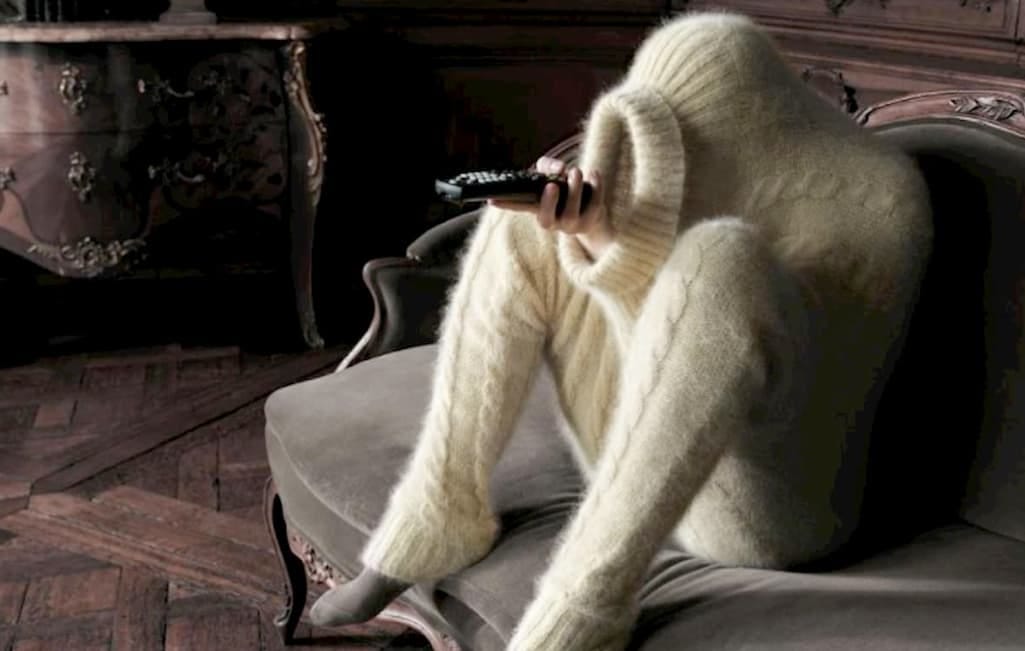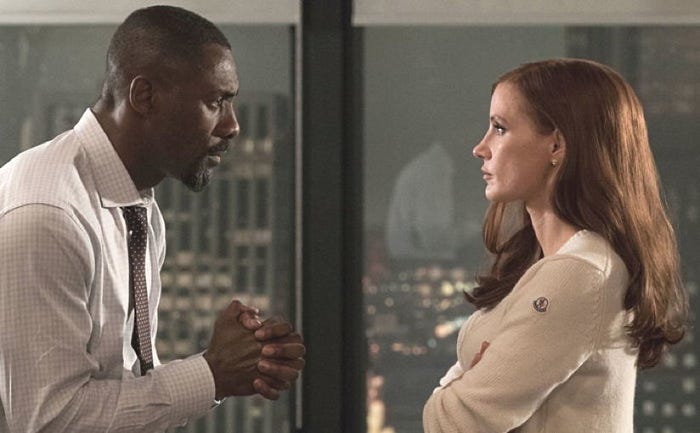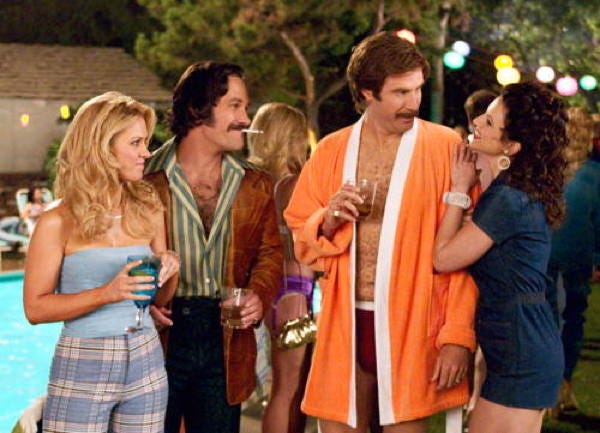High sensitivity (sensory processing sensitivity), introversion, and shyness are different experiences, but can overlap for many of us.
To start with introversion: Psychologist Scott Barry Kaufman begins one of his articles:
Quick Quiz: Which of the following are signs of introversion? Highly sensitive Deep Thinker Reflective Introspective Intelligent Negative emotions Socially Anxious Defensive Vulnerable Always prefers solitude over social interaction Answer: Not a single one.
From his Scientific American article Will the Real Introverts Please Stand Up?
One of my favorite screenwriters Charlie Kaufman (“Being John Malkovich,” “Adaptation,” “Eternal Sunshine of the Spotless Mind”) once commented “I was very shy and introverted when I started in the business" and added, “I realized I couldn’t be who I was in show business as a writer if I wanted to be a director. I couldn’t be shy, I couldn’t be moody." (IndieWire July 12, 2016.)
Some other artists:
“I’m a weird combination of deeply introverted and very daring.” Helen Hunt
“I always felt awkward and shy.” Steven Spielberg
“I’m very sensitive in real life.” Jessica Chastain
A number of actors, musicians, writers and other artists consider themselves introverted, shy or sensitive.
Actor Jessica Chastain once commented about her life as a student, “I’m not the girl at the club on the table. I’m going to be the one in the corner, quiet and so I don’t call attention to myself.”
She also recalls: “I was the girl who cut school to go to the park, and the other kids would be smoking and drinking and I’d be reading Shakespeare.”
Actor and director Helen Hunt said, “I think I’m a weird combination of deeply introverted and very daring. I can feel both those things working.”
Steven Spielberg commented in an interview, “I never felt comfortable with myself, because I was never part of the majority. I always felt awkward and shy and on the outside of the momentum of my friends’ lives.” (Parade Magazine, March 27, 1994.)
The photo is Idris Elba and Jessica Chastain in ‘Molly’s Game’ (2017).
Idris Elba commented in an interview: “I wouldn’t say I have much of an outgoing personality. I’m pretty shy.
“It’s interesting how people describe me because I’m not Mr Life of the Party. I’m a bit of a homebody if I’m honest. But I’m never at home. I have partied. But people get disappointed when they meet me because they expect me to be really confident and exciting and I’m like, ‘nah I’m going home now.’”
And Jessica Chastain has said: “I’m very sensitive in real life. I cannot not cry if someone around me is crying…even if it’s not appropriate.”
This tendency to react more emotionally, such as more easily crying or being tearful, is one of the qualities of highly sensitive people found by psychologist Elaine Aron and other researchers.
In her article “The Gifted Introvert,” Lesley Sword (of Gifted and Creative Services Australia) explains that introversion and extraversion (or extroversion) are personality types, and we can experience both, but have a preference for one more than the other.
Introversion and high sensitivity are not shyness
These are separate experiences that may share some qualities, and can overlap and interact for many of us, but they are not the same.
Many people may think of themselves as shy or at least call themselves shy as a convenient label — or they may be characterized that way by other people, including reporters and journalists.
But actually they may be highly sensitive or introverted and therefore feel more emotionally safe and comfortable in less social situations.
Being shy is a form of anxiety, and can be more intense if we also have the personality trait of high sensitivity.
This trait of high sensitivity — technically called sensory processing sensitivity — occurs in about 20 percent of people (and other animals), while introversion is a trait of around 50 percent of people.
Where do you get energy — from outside, or within?
As Lesley Sword and others explain, extroverts tend to get energy from interactions in the outside world, compared with introverts who get energized by time alone.
This is like highly sensitive people who need time in solitude, or with only a few close friends, to be away from crowds or overstimulating environments, so they can recharge.
But again, these traits are on a spectrum — it’s not like eye color, where you are only one type and not another.
Entertainment careers may only seem to be for extraverts.
Video — “Shy or Introverted or Highly Sensitive in the Arts”
Actors and other performers can be extraverted while doing their work, including media interviews — but still find they need more “down time” away from others to recharge.
High sensitivity can include being unusually aware of other people’s moods and judgments, and our own inner feelings in response to others and the environment.
Psychologist Elaine Aron explains more about the trait. She is a researcher and author of a series of books on highly sensitive people, both children and adults.
She has said, “Because HSPs (highly sensitive persons) prefer to look before entering new situations, they are often called ‘shy.’ But shyness is learned, not innate.”
Our parents may have said we were “always shy,” but Aron says, “no one is born shy. Shyness is the fear of social judgment, which is learned.”
And she notes the trait of high sensitivity “has been misnamed as shyness, inhibitedness, neuroticism, or introversion (but 30% of us are extraverts).
“You can be a high sensation seeker and still be highly sensitive — you may work in media, for example. But you are not impulsive and still need extra down time.”
To learn more about the trait, here is one of my many articles on the topic, featuring a quiz and more material by HSP psychotherapist Julie Bjelland, LMFT:
How To Better Understand Yourself As A Highly Sensitive Person
~~~
Dr. Aron says the very popular book “Quiet” is actually “more about highly sensitive people than social introverts.”
In that book, author Susan Cain writes that “If we assume that quiet and loud people have roughly the same number of good (and bad) ideas, then we should worry if the louder and more forceful people always carry the day.
“This would mean that an awful lot of bad ideas prevail while good ones get squashed. Yet studies in group dynamics suggest that this is exactly what happens.
“We perceive talkers as smarter than quiet types — even though grade-point averages and SAT and intelligence test scores reveal this perception to be inaccurate.”
She thinks “The mental state of a shy extrovert sitting quietly in a business meeting may be very different from that of a calm introvert — the shy person is afraid to speak up, while the introvert is simply overstimulated — but to the outside world, the two appear to be the same.”
An association with intellectual and artistic achievement
“Neither E = mc2 nor Paradise Lost was dashed off by a party animal.”
That is a quote by science journalist Winifred Gallagher, who thinks “The glory of the disposition that stops to consider stimuli rather than rushing to engage with them is its long association with intellectual and artistic achievement.”
Gallagher is quoted by Susan Cain, who declares:
“Without introverts, the world would be devoid of: the theory of gravity; the theory of relativity; W. B. Yeats’s “The Second Coming”; Chopin’s nocturnes; Proust’s In Search of Lost Time; Peter Pan…”
Cain adds that psychologist Carl Jung noted “There is no such thing as a pure extrovert or a pure introvert. Such a [person] would be in the lunatic asylum.”
~~~~~~~
This is a slightly edited version of the first half of an article of mine on Medium - read the full article with much more, including more links to related articles: Some of the most creative people are highly sensitive






